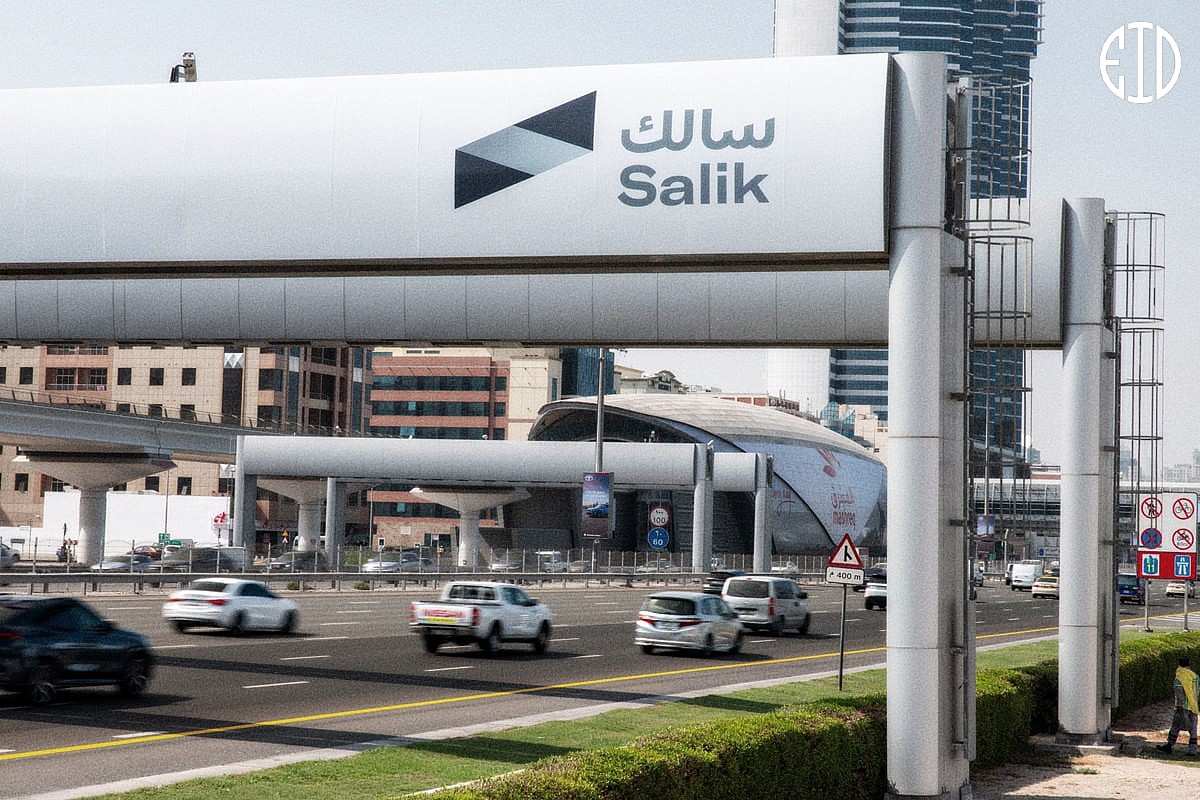Dubai’s Roads and Transport Authority (RTA) is set to launch 17 innovative projects, aiming to raise Dh16.8 billion for the Dubai RTA Commercial and Logistics Land Transport Strategy 2030. This initiative seeks to double RTA’s economic contribution to Dubai from Dh8.5 billion in 2021.
Adopting Modern Technology and Reducing Emissions
The new program targets a 75% adoption rate of modern technology and aims to reduce annual traffic-related deaths. Additionally, the RTA will implement zero-emission vehicles, aiming for a 30% reduction in carbon emissions.
Key Projects Under the Strategy
The Dubai RTA Commercial and Logistics Land Transport Strategy 2030 includes several significant projects:
- Application of tachographs for heavy trucks
- Provision of autonomous vehicles and towing trucks
- Organization of the commercial transport and logistics forum
- Membership in relevant international federations
- Establishment of the National Committee for Small Vehicles
Future Developments
The RTA plans to develop digital platforms supporting the commercial transport and logistics sector. These include:
- Value-added permits
- No objection certificates
- Heavy freight services platform
- Driver behavior monitoring
- Aftermarket platform
- Construction equipment rental platform
- Road freight data center
- Updates to heavy and light truck fleets
Significant Growth in the Commercial Transport Sector
The strategy follows significant growth in Dubai’s commercial transport sector. Currently, the sector boasts 351,000 registered commercial vehicles and 9,699 companies, with a compound annual growth rate of 34% over the past five years.
In 2021, RTA’s direct contribution to Dubai’s economy was AED 8.5 billion, accounting for 3% of the emirate’s GDP in 2022. The sector has also created approximately 242,000 jobs.
Leadership and Vision
Mattar Al Tayer, Director General and Chairman of the Board of Executive Directors of the RTA, emphasized the strategy’s focus on regulating and leading the commercial transport sector. He highlighted the goal to identify developmental and innovative opportunities in land-based commercial transport and logistics and to integrate sector objectives, legislation, and policies through various projects and programs.
He also noted the strategy’s aim to explore investment prospects and partnerships with the private sector. The strategy was developed in collaboration with strategic partners, private businesses, distributors, and retailers in commercial transport.










